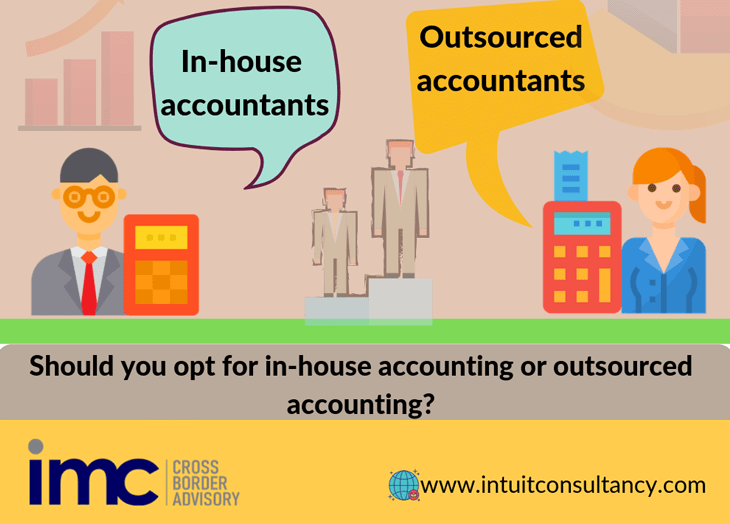Do you wonder what is meant by value investing? Let’s take an example to understand this better. You and your friend buy a new television. You feel that your television is a better value buy than your friend’s because you got a good discount. However, it’s important to note that both of you might define value in a different way. Your friend might feel that her television is a value buy as it is a brand she likes and it has the latest features for the same price.
Likewise, the investors who do ‘value’ investing could have varying reasons for thinking that a particular stock is a ‘value’ buy for them. To define it, ‘Value Investing’ means selecting stocks that are trading at a lower price than their intrinsic value. Basically, you are choosing stocks that are undervalued.
The best value investors
Usually the mutual fund experts or managers who manage multiple stocks on a day to day basis are the best investors whom we could emulate. Mostly, fund managers abide by the value investing approach for managing their funds and all of them would define value in their own way. Even though all ‘value’ fund managers buy the stocks which they feel are actually worth a lot more than their current price, they wouldn’t agree on what is called as ‘good’ value. So, how do these definitions differ? Read on to find out.
The differences
Suppose there are two fund managers – A and B, who handle the best equity-diversified funds. Both of these are large-cap funds that invest money in large, blue-chip companies where the managers are following value investing. However, last year, A’s fund surpassed B’s fund. Wonder why? The reason is because of the difference in how they define value. A’s strategy was to pick stocks with strong fundamentals but they were being traded at a huge discount as compared to their intrinsic value. As per A, that is value investing. B also did value investing in his own way. He researched a lot and picked stocks that were trading lower as compared to others. This is also value investing. So, both the Mutual Fund managers followed value investing; however, their definitions of value were very diverse. That is why their funds performed in a different way.
Value investing styles
Relative
The relative value investing style or method is when the fund managers do a comparison of a stock’s price ratios to a particular benchmark. Examples are ratios like price-to-earnings ratio, price-to-sales ratio, price-to-book value ratio, etc. So in this case, the value is relative to a benchmark or standard. In case a stock is getting traded at a lower price when compared to an index, it is called to be undervalued. In this scenario, the benchmark could include any of the following:
- The Stock’s Historical Price Ratios – If a stock’s price is being traded at a lower price than its historical price ratio, then it is undervalued. Mostly, these stock prices are lower because of some ‘bad news’ or may be ‘negative vibes’ which might be floating in the market.
- The Industry or Sub-sector – When a stock is being traded at a much lower price as compared to other stocks in the same industry, then it is considered as undervalued. Thus, it’s important to make sure that the company’s fundamentals are strong, similarly as its competitors, who are trading at a high price.
- The Market – The benchmark mostly used by value investors is the broad market index or the market. A company which has strong fundamentals might go down as the overall industry could be in a bad phase. This scenario is common in cyclical industries like IT and consumer durables. For example, a few years ago, IT company stocks went down heavily because of the rupee appreciation and the panic that it would adversely affect the margins in the IT companies. However, fund managers took this as a buying opportunity.
Absolute
Absolute value investing is when the investors are not comparing a stock’s price to any set benchmark. Instead, they analyse the company’s worth in absolute terms. They buy the stock in case it’s trading at a lower price than this absolute value. These type of investors find a company’s value by means of factors like the company’s assets, its balance sheet, and growth projections, instead of competitors. They also examine if any private buyers, like other firms, have already invested in the stock.
Stay out of the box The major point to note here is that value investing is not falling for the bandwagon effect. In case there is some stock in which most people are investing in, then usually, a value investor would avoid it. Value investors like Warren Buffet have amassed so much wealth by not following the herd mentality. A value investor understands the real value of a stock and how he can benefit by investing in it when people are ignoring it.





























